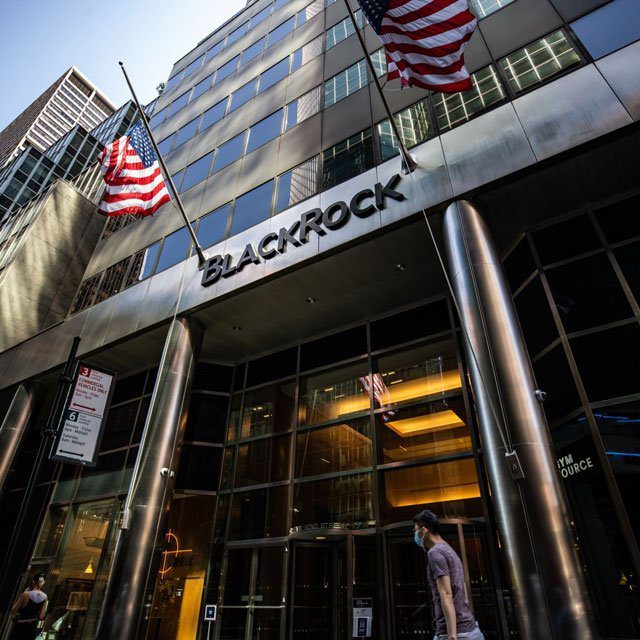BlackRock to Shutter Russia ETF That Once Held $800 Million

The money manager expects ERUS to exist until at least Dec. 31, 2023, so it can sell its remaining holdings.
After that date, if the fund can’t liquidate all its assets, BlackRock can terminate the fund at any time and shareholders would have no guarantee of receiving proceeds related to Russian securities and depositary receipts.
“It seems like a very fair way to wind down the fund,” said Steve Sosnick, chief strategist at Interactive Brokers. “They’ll distribute what they can now and leave open the opportunity that sometime in the next year and a half, if there’s an opportunity for them to actually realize some value from their holdings, they’ll pass those along.”
The financial fallout from the Ukraine war has created a massive headache for ETF issuers. Russia-focused ETFs stopped trading shortly after the war started on Feb. 24, a first for the industry whose products had continued to trade in previous geopolitical crises.
While some issuers have implemented voluntary waivers of fund-management fees they charge investors, issuers are still bleeding costs from maintaining the funds, which include paying banks fees to handle Russian depositary receipts.
The situation has also created havoc for many ETF investors, with some options traders unable to cash out and short sellers paying borrowing fees indefinitely.
(Photo: Bloomberg)




